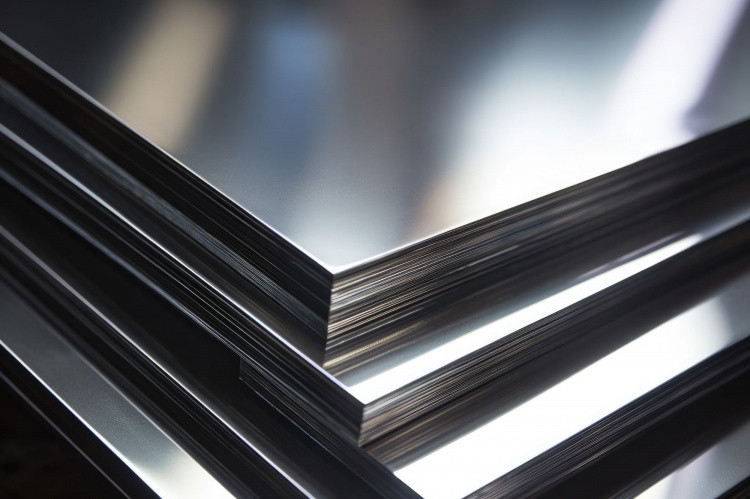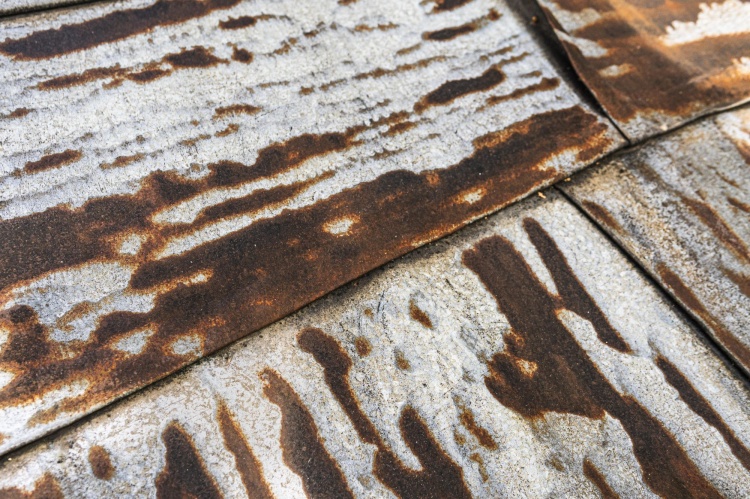In aggressive environments, steel can be vulnerable to corrosion—a gradual degradation process that weakens structures over time. However, solutions such as stainless steel help mitigate this issue by incorporating chemical elements like chromium. This chromium-enriched material forms a thin protective layer on the surface, preventing oxidation and significantly extending durability, even under challenging conditions.
Stainless steel is particularly well-suited for environments where moisture and chemical agents are prevalent, such as marine or chemical facilities. The presence of this passive protective layer enhances the material’s ability to resist high-temperature oxidation, establishing stainless steel as a reliable and durable choice for a wide range of industrial applications.
Yield Strength: How Much Can Steel Deform?
The yield strength of steel defines the point up to which the material can be stretched or deformed without incurring permanent changes. This property is essential in applications where the steel must return to its original shape after being subjected to significant forces. An alloy with a balanced carbon content enhances this elasticity while maintaining strong resistance.
In critical structures such as bridges and buildings, this ability to recover its initial form is vital to ensuring both safety and structural stability.
Steel’s Resistance to Repeated Stress
Steel is also renowned for its ability to withstand repeated mechanical stress—an essential characteristic in applications exposed to continuous forces. This resilience is further enhanced through controlled cooling processes during manufacturing, which improve the material’s durability against vibrations and repeated impacts.
This property is particularly valuable in sectors where materials must endure dynamic loads, such as mechanical engineering and aerospace industries, where steel plays a critical role in ensuring infrastructure safety.
In summary, steel’s many properties, strength, durability, and flexibility, make it an indispensable alloy across numerous industries in Quebec. Whether it’s corrosion resistance, yield strength, or endurance under stress, steel stands out as a material of choice for a wide range of demanding applications.
With its robust mechanical properties, steel continues to evolve and adapt to the highest standards of the industrial and construction sectors. Contact us today to discover how steel can meet your industrial needs.

 Designed by Freepik
Designed by Freepik Designed by Freepik
Designed by Freepik